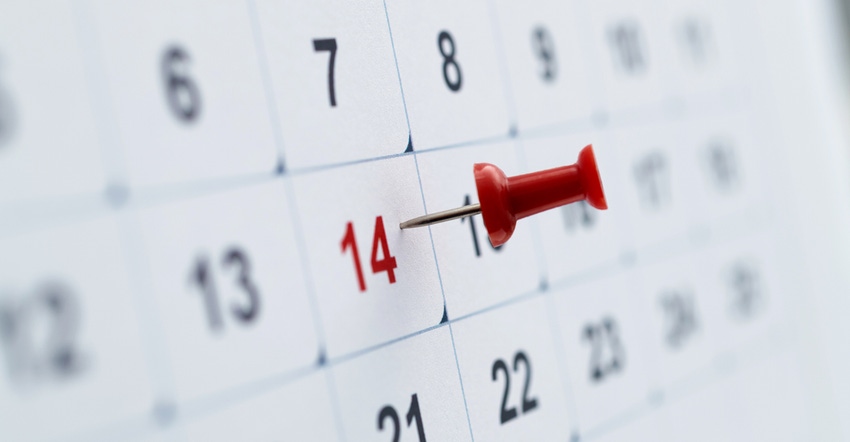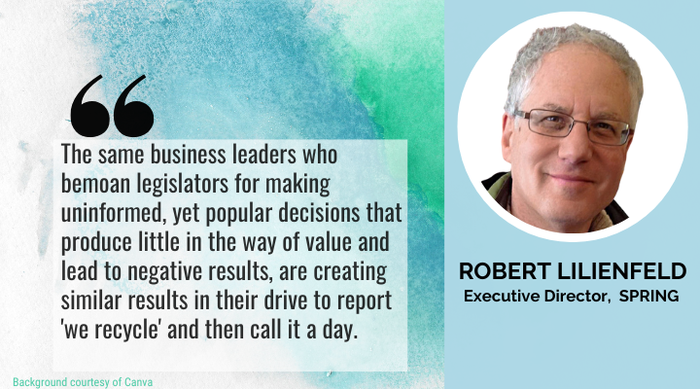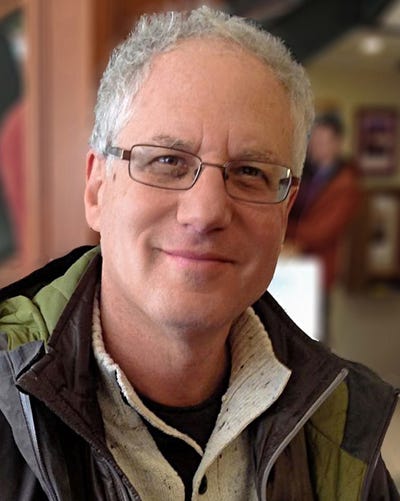Continued misunderstanding around sustainable packaging issues in both business and government continues to produce underwhelming results.
March 28, 2023

In the past year, I’ve been asked on at least six occasions to help companies develop a sustainable packaging program, primarily related to their use of plastics. Not one of these companies — and you’ve heard of them all — could answer these three questions:
What is your sustainability program designed to accomplish and how will you define its goals?
What mechanisms do you have in place or will put in place to execute, evaluate, modify, and sustain such a program?
Is your top management ready to own this program and participate in it, promote it both internally and externally, and reward those who have assured its creation, implementation, and successful results?
None of these companies are what you’d call Innovators or Early Adapters. But they do represent the thinking of many mid-size converters and consumer goods marketers. We’ll call them what Professor Everett Rogers called them in 1962 when he developed the Diffusion of Innovations Model: Early and Late Majorities.
Of course, some will hang on to become part of the fifth and last group: Laggards.

Why are we still seeing so much misunderstanding regarding the role that sustainability is now playing in the minds of the public, legislators, the media, and even key customers?
There appear to be a few common answers.
1. There is a lack of understanding about what sustainability really means and requires. The lack of scientific understanding in boardrooms regarding climate change, and the laws of physics which generate it, is breathtaking. The same business leaders who bemoan legislators for making uninformed, yet popular decisions that produce little in the way of value and lead to negative results, are creating similar results in their drive to report “we recycle” and then call it a day.
2. The people assigned to sustainability roles may be passionate, but they’re not equipped to do the job. Fifty years ago, Human Resources is where those who weren’t good enough to promote, but too good to let go, were sent. Today, HR is a recognized profession that is of strategic value to organizations and requires specific skill sets to function properly. In the world of sustainability, we're still in the 1970s.
3. Sustainability is lumped together with “soft” concepts like ESG (Environmental, Social, and Corporate Governance) and DEI (Diversity, Equity, and Inclusion). These have basically become “flavors of the month” and are treated as defensive efforts rather than strategic assets that can be leveraged for business benefit.
4. Finally, if we’re still at the point where consultants rather line managers are leading the discussion, we still haven’t fully integrated sustainable thinking into everyday business activities. Sustainability shouldn’t be a specialty program. It needs to be directly tied to, and reported as, required business practices and results.
The lack of knowledge and backbone around sustainable packaging issues in both business and government continues to produce underwhelming results. And please don’t tell me it’s the democratic process in action. The Dutch government is at war with its own very large agriculture industry over the use of nitrogen fertilizers. The French government is battling those who don’t want to work a few years longer in order to ensure a well-earned retirement for themselves and future generations. These are very big economic, social, and environmental sustainability issues that require fortitude and long-term thinking.
Those two business and government stances take guts. They require that we sometimes put the needs of the future before the desires of the present. And when it comes to our collective ability to sustain ourselves, both socially and economically, the future isn’t a few years from now.
It’s tomorrow.
Robert (Bob) Lilienfeld has been involved in sustainable packaging for 25 years, working as a marketing executive, consultant, strategic planner, editor, writer, and communications expert. He’s President of Robert Lilienfeld Consulting, working with materials suppliers, converters, trade associations, retailers, and brand owners. He is Executive Director at SPRING, The Sustainable Packaging Research, Information, and Networking Group. You can also write him at [email protected] or visit his LinkedIn profile.
About the Author(s)
You May Also Like




